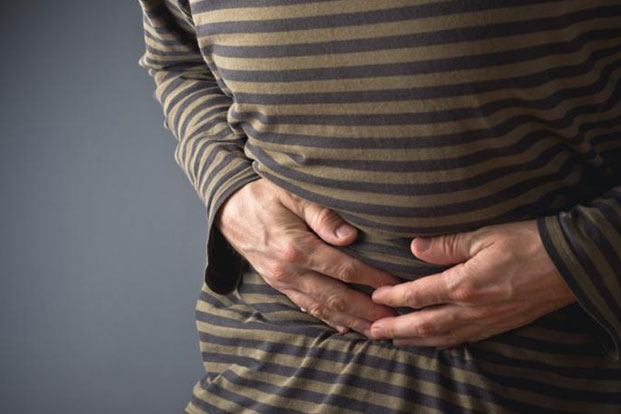Categories
- Bariatric Surgery (11)
- Black Fungus (5)
- Bone Marrow transplant (3)
- Brain Tumor Surgery Navigation Technology (20)
- Cardiac Surgery (66)
- Cardiology (97)
- Computer navigation technology for joint replacements (20)
- Covid Vaccination (17)
- Critical Care (2)
- Dental (19)
- Dermatology (31)
- Dialysis Support Group - “UTSAAH” (11)
- Dietitian (33)
- Emergency Medicine (4)
- Emotional Health (11)
- Endocrinology (33)
- ENT (20)
- Gastroenterology and GI Surgery (53)
- General and Laparoscopic Surgery (21)
- General Surgery (4)
- Gynecology & Obstetrics (183)
- Hematology (20)
- Internal Medicine (294)
- Kidney Transplant (50)
- Kidney Transplantation (20)
- Lung Cancer (8)
- Minimal Invasive Surgery (1)
- Mother & Child (20)
- mucormycosis (5)
- Nephrology (61)
- Neurology (147)
- Neurosurgery (68)
- Nutrition and Dietetics (107)
- Omicron Variant (1)
- Oncology (288)
- Ophthalmology (10)
- Orthopaedics & Joint Replacement (86)
- Paediatrics (59)
- Pediatric Nephrology (3)
- Physiotherapy (5)
- Plastic & Reconstructive Surgery (6)
- Psychiatry and Psychology (90)
- Psychologist (28)
- Pulmonology (72)
- Rheumatology (13)
- Spine Services (21)
- Transradial Angioplasty (16)
- Urology (84)
Query Form
Posted on Apr 19, 2022
What Are the Symptoms of Hepatitis C in Women?
The hepatitis C is an infection caused by the hepatitis C virus, also known as HCV. There are many types of viruses, including hepatitis A, B, D and even E. Among all the variants, the hepatitis C virus is the most dangerous, as it can become chronic and attack the liver directly. The virus expands through contact with infected blood, for this reason, there are some people who are at increased risk of infection. This includes workers in the medical field who are exposed to blood and people addicted to drugs on a recurring basis. Even getting a tattoo without sterilized items can increase the risk of infection.

Hepatitis C affects both men and women. The symptoms and complications are the same for both sexes, but the virus can attack women differently.
Symptoms of hepatitis C in women
Many women do not know they have hepatitis C until they show symptoms of advanced disease. Those who present symptoms in the initial stage usually attribute them to other problems, such as anemia, depression or even menopause.
Among the premature symptoms we find,
- Fatigue
- Discomfort in the abdomen
- Muscle and joint pain
- Lack of appetite
Many hepatitis C infections are acute, but others improve without intervention in a few months. Acute infections are the most common among women.
Hepatitis C can be chronic: this means that it does not resolve automatically, but continues to progress, thus damaging the liver constantly.
Among the symptoms of chronic hepatitis C we find,
- Bleeding
- Itchy skin
- Retention of fluid in the stomach
- Swollen legs
- Weight loss that has no explanation
- Spider-shaped varicose veins
- Confusion
The symptoms of hepatitis C occur in both women and men, but this disease may progress more slowly in women. However, some women experience the rapid progress of the infection, suffering liver damage after menopause.
This disease is spread from person to person, through blood infected with the virus. People who have traded with a lot of contact with others are more likely to get the virus.
Hepatitis C can also be spread at the time of sex if the woman is in her menstrual period. Many infected women can have a healthy baby without problems. However, there is a small chance that they will transmit the virus to their babies during pregnancy. If you have the virus and are pregnant, your baby will be analyzed for around 18 months.



